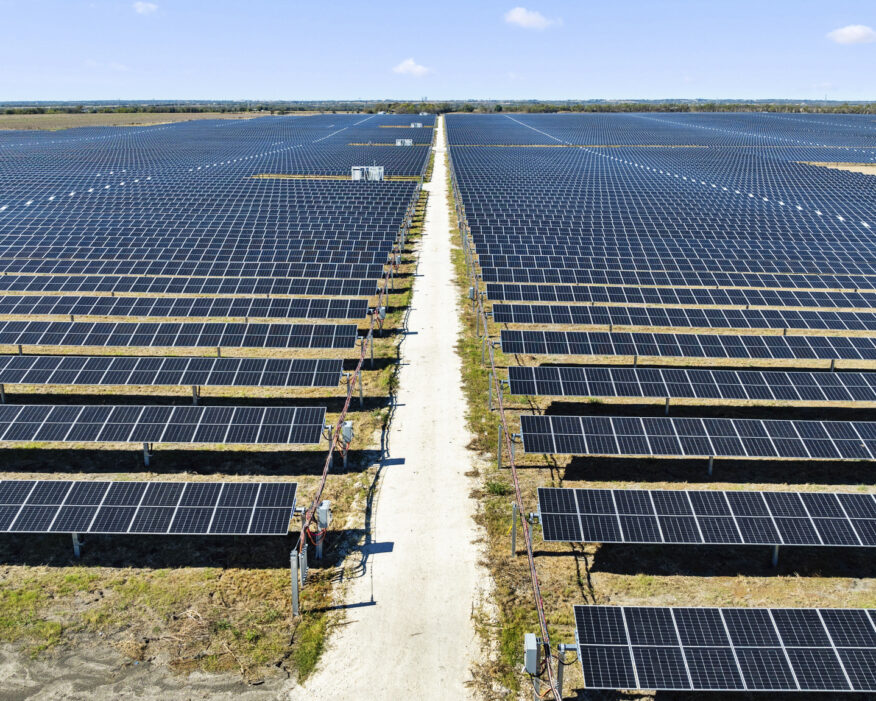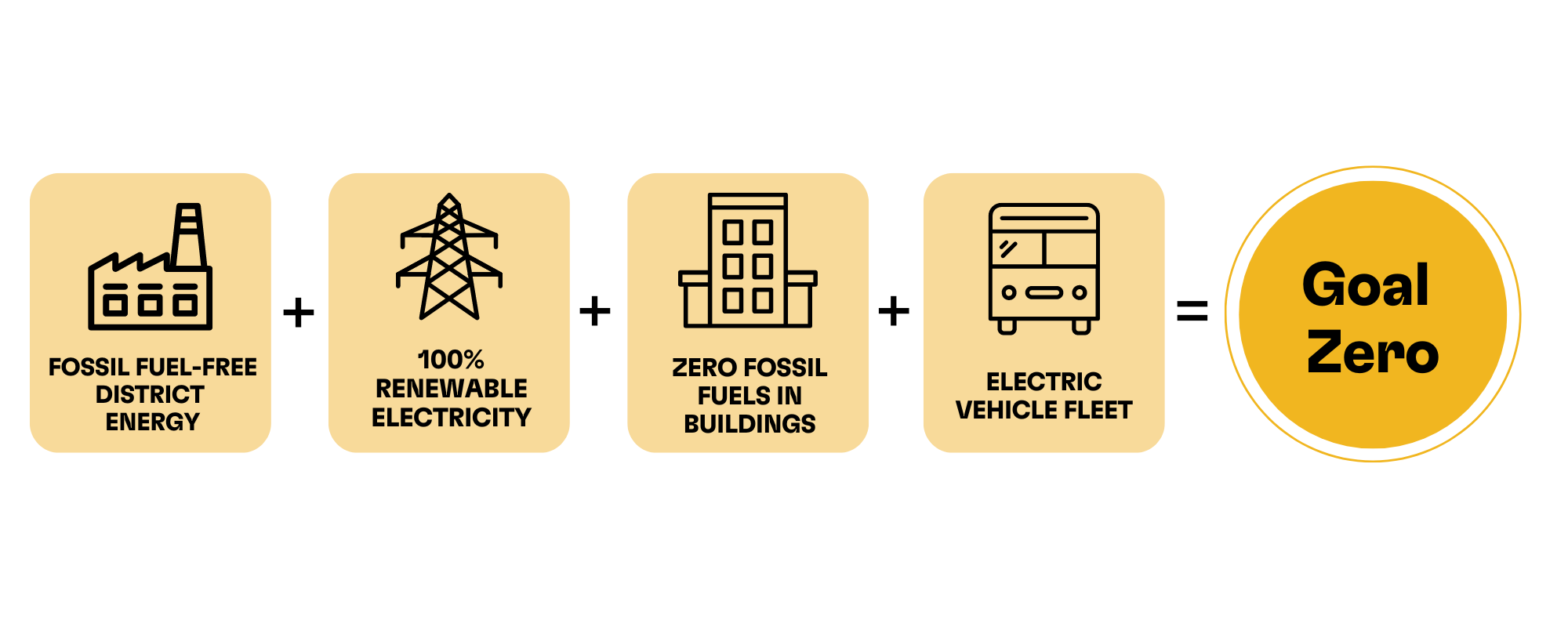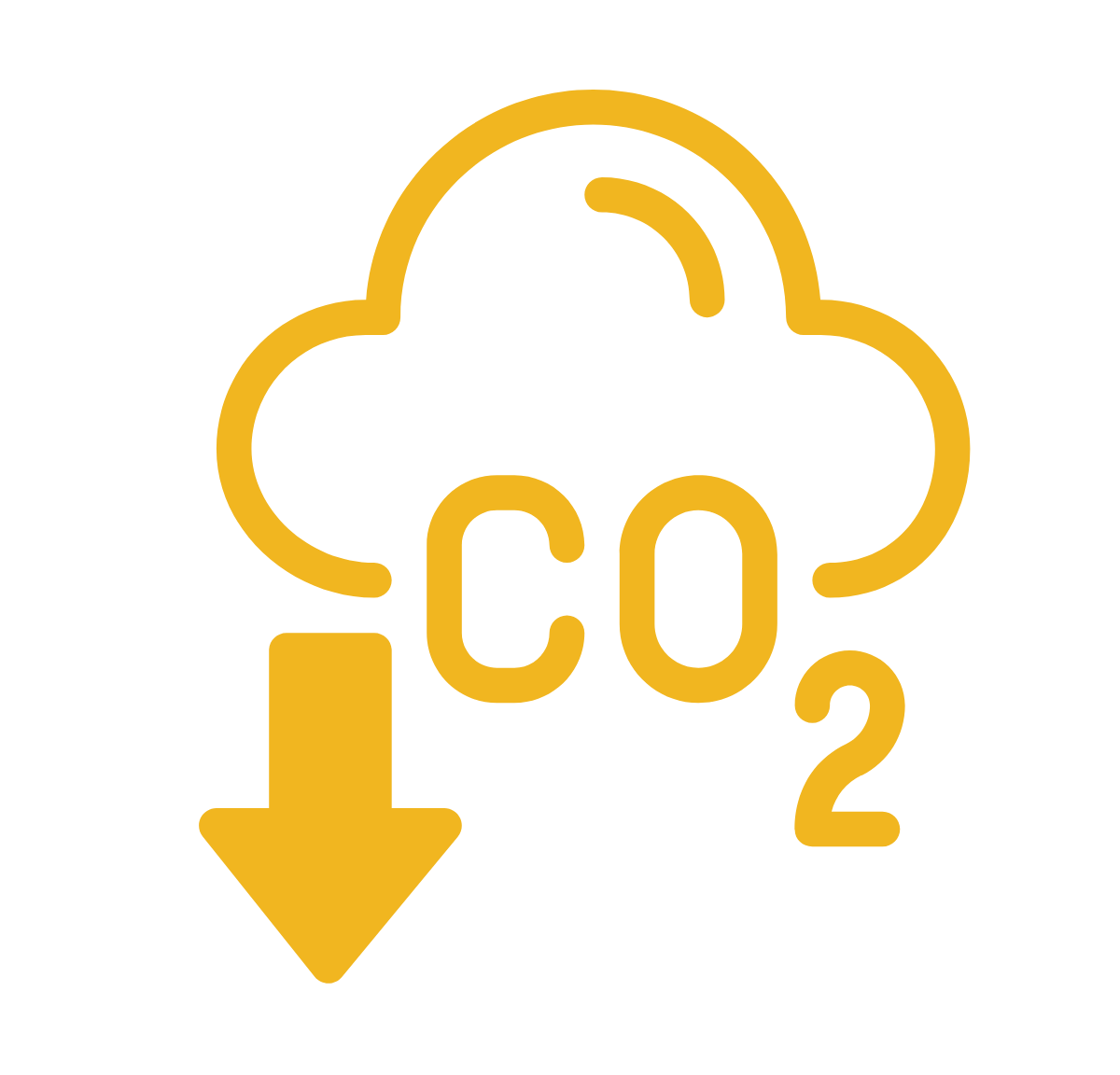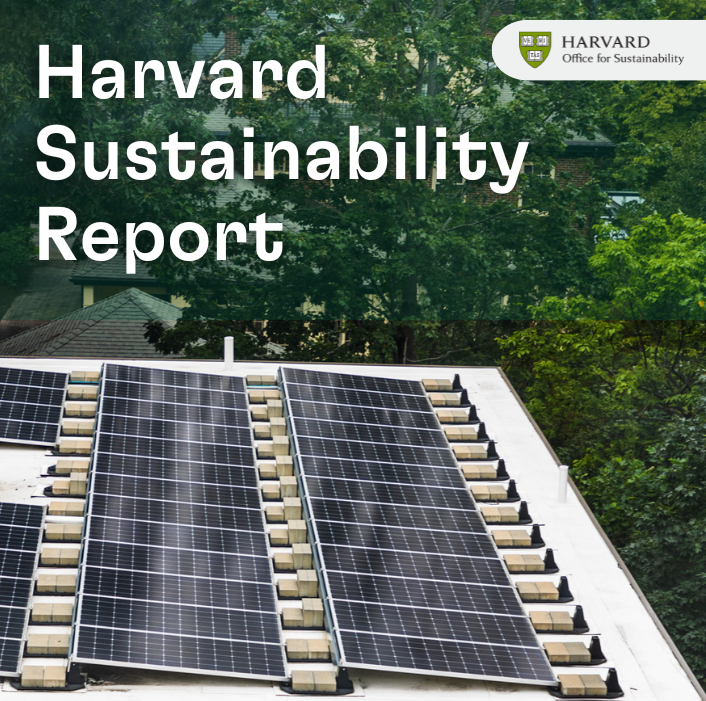How We Power
Harvard is accelerating a fossil fuel-free world

Harvard’s holistic Sustainability Action Plan includes our climate goals: Goal Zero, to be Fossil Fuel Free by 2050, as well as Fossil Fuel-Neutral by 2026 — and a focus on reducing supply chain (or Scope 3) emissions. Together, these goals and priorities encompass the University’s direct and indirect emissions.
See the 2016-2017 Harvard Climate Change Task Force Report that established these goals.
ACCELERATING CLIMATE ACTION
Harvard, MIT, Mass General form renewable energy collaboration
In a significant step on the path to achieving its climate goals, Harvard announced the formation of the Consortium for Climate Solutions (the Consortium), a first-of-its-kind renewable energy collaboration of higher education, healthcare, and cultural institutions, as well as state and local government entities, led by Harvard, Mass General Brigham (MGB), and the Massachusetts Institute of Technology (MIT).

Accelerating Action to Reduce Emissions
Harvard has tracked Scope 1 and Scope 2 emissions since 2006, and these emissions have declined 2006-2023. A 30% net reduction was first achieved in 2016.
The 30% net reduction in Scope 1 and 2 emissions was achieved through fuel switching in Harvard’s central district energy plants, building energy efficiency projects that reduced emissions, and a small amount of renewable energy credits (RECs) and carbon credits.
For more data on energy and emissions reductions, view Harvard’s Annual Sustainability Report.
The path to Goal Zero
Harvard is focused on evaluating all technologies to chart a path to Goal Zero, or Fossil Fuel-Free by 2050. Teams across Harvard are researching current, emerging, and possible future technologies that will allow us to transition the infrastructure our Cambridge and Boston campuses to renewable energy sources.

We recognize this approach must be flexible as future solutions come online, but we cannot wait to act. That is why we are working at Harvard to decarbonize our central heating plants, electrify our historic campus buildings and our vehicle fleet, invest in new renewable electricity projects and on-site solar, and ensure all new construction is designed to eliminate fossil fuels in our buildings.
FOSSIL FUELS HARM HEALTH OF PEOPLE + PLANET
Researching Health Impacts
Expert faculty and students at the Harvard T.H. Chan School of Public Health Center for Climate, Health and the Global Environment (C-Change) are studying the devastating impacts that the air pollution caused by burning fossil fuels has on health around the world.
Understanding the Health Impacts of Fossil FuelsOpens new window


40% decrease in carbon emissions per sq. ft., 2006-2023

8 Locations Using Ground-Source Heat Pumps

3MW of on-site solar
ANNUAL REPORT
Our Progress
Harvard’s emissions inventory was among the first in higher education to be third-party verified by The Climate Registry. Harvard follows The Climate Registry’s General Reporting Protocol for the Voluntary GHG Reporting Program. Learn more about our progress in Harvard’s Annual Sustainability Report.
Read the latest Annual Sustainability ReportOpens new window

Taking Bold Climate Action, Together
Harvard is proud to work closely with the Cities of Cambridge and Boston to align our sustainability goals and vision with some of the strongest emissions-reducing regulations in the United States. Learn more about Cambridge’s Building Energy Use Disclosure Ordinance (BEUDO) and Boston’s Building Emissions Reduction and Disclosure Ordinance (BERDO).
News & Events
Explore sustainability news at Harvard, as well as upcoming talks, webinars, conferences and other events on campus and beyond.

Our Action Plan